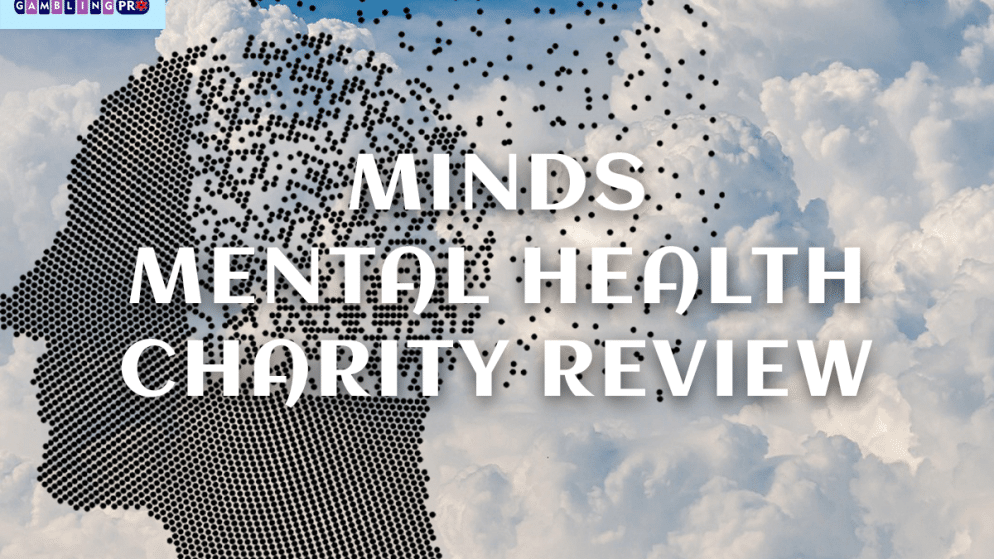
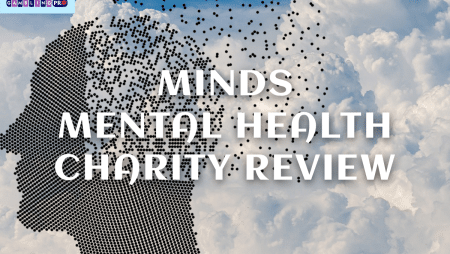 Minds Mental Health Charity Review
Minds Mental Health Charity Review Do you feel like you are spending a lot of money on gambling and you just can't stop? So, the solution may be to rely on a reliable and free service like Minds. This charter's mission is to provide advice and support to anyone struggling with a gambling problem. Minds aims not only to treat people with gambling addiction but also to raise awareness of the problem, promote understanding and combat the social stigma associated with gambling.
What Are the Goals of Minds?
In general, there are 4 goals that the Minds Foundation seeks to achieve, which are as follows:
- Staying healthy: Minds offers a free support service for people who are addicted to gambling or at risk of gambling addiction.
- Improving services and support: Minds ensures that all its members receive appropriate services and support to protect them from relapse.
- Enabling Social Sharing: Social Sharing opens doors for people who have suffered from a gambling addiction problem to share their experiences with other people to give them hope for a better tomorrow.
Cognitive-behavioural Therapy as a Treatment for Gambling Addiction
Cognitive behavioural therapy is a common way to treat gambling addiction. Treatment consists, among other things, of discovering the thought traps that the addict uses to defend gambling (eg “As soon as I get my lost money back, I will stop gambling”).
Exposing yourself to gambling opportunities and practising resistance to the urge to gamble may also be part of the treatment.
The goal is, through self-examination and conscious efforts of will, to reconstruct the individual's automated patterns of thinking and behaviour, as when learning a new machine or a new sport. It takes time and strong motivation, but the results are often positive.
Minds provides a connection to CBT-certified psychologists. The meeting takes place via video call on a mobile phone or tablet and you get an appointment within 24 hours. You do not need a referral.
Family therapy is also an option in the Minds programme. Abuse affects everyone close to the patient and, according to some therapists, can also indicate a malfunction in the so-called family system. If the family as a whole is unwell, sometimes one member may develop symptoms, for example, addiction, while others remain symptom-free, even though the whole family has problems. Prepared by gamstopnon.gamblingpro.pro.

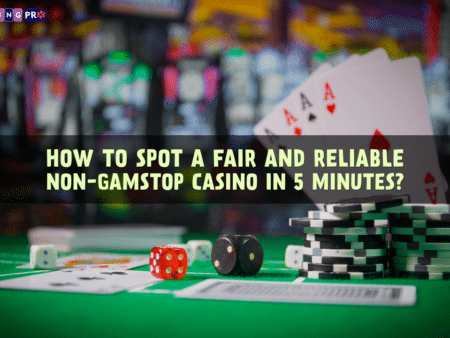












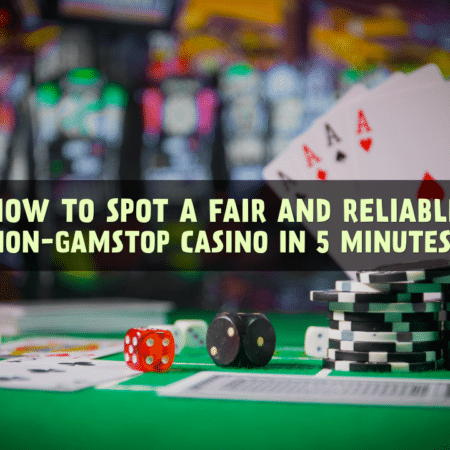

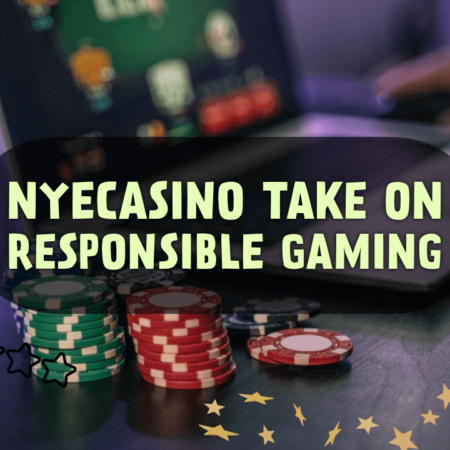













[…] its customers' well-being seriously. Therefore, they may require a comprehensive assessment of your mental and financial status before proceeding. Following this, a mandatory waiting period is enforced to ensure that the […]